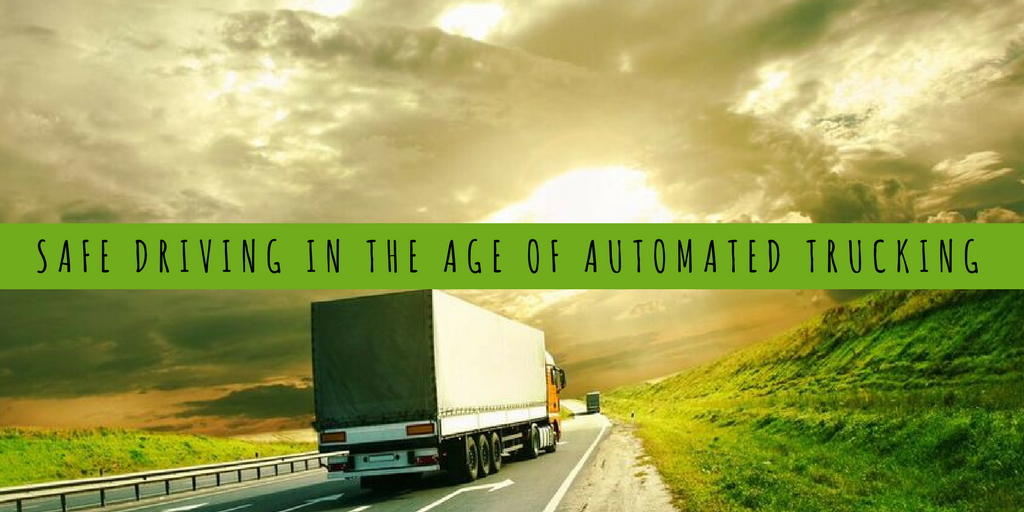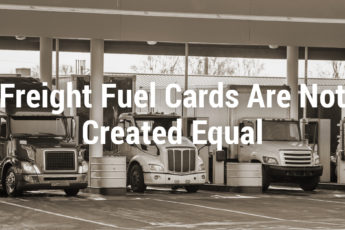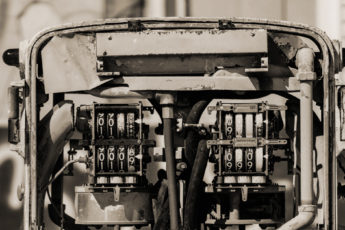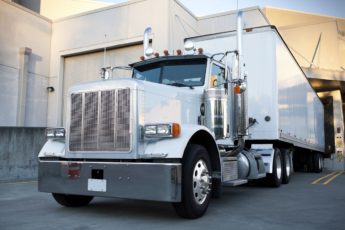With self-driving trucks as the hot technology topic in the freight industry, many are getting wrapped up in how these vehicles will impact existing jobs. What many are overlooking is how automated trucking will be implemented, the cost, and if it really is safer.
Otto And Automated Trucking
Last year, a Volvo truck made a test run for a 120 mile haul in Colorado. The truck was fitted with technology and software provided by Otto. The technology in the truck was able to keep track of road conditions, other vehicles, speed, fuel, and other data points, in real time. The trip was a success. The self-driving truck was able to brake, accelerate, and turn without needing a driver to intervene. Looking forward, Otto plans on offering automated trucking retrofitting packages starting at $30,000.
How Will Insurance Handle Automated Trucking
The insurance industry has had a very refined system, and it has gotten even easier to resolve and expedite claims due to technology such as smartphones. With self-driving trucks on the horizon, we need to rethink insurance. If there is an accident, much like the one that happened in the UK with a self-driving car, who is at fault? Is it the truck owner? The manufacturer? The software company? These scenarios need to be planned out thoroughly before fleet owners will consider making the switch, no matter how inexpensive the upgrades are.
Human Co-Pilots
The big plan is to introduce self-driving trucks for purchase in 2020. By 2025 automated trucking should be largely integrated into the industry. However, until everything is ironed out, do not expect to see empty cabs driving down the freeway. Until the trucking industry sees how self-driving vehicles work in action, there will at least be human co-pilots to make manual corrections and decisions that automated trucks may not be able to do.
Will It Mean The End Of Human Drivers?
Not likely. As will any new technology, the initial cost will make self-driving trucks available to a few fleet owners. This year alone, technicians and skilled drivers are very much in demand by the trucking industry. There will still be a market for independent drivers and fleets offering better rates than those trying to offset the cost of implementing new technology on a large scale. Truckers will have to adapt and learn new skills, as with any industry, when new technology comes on the scene. Trucking may become more automated, but it will be safer for the people directly involved.






